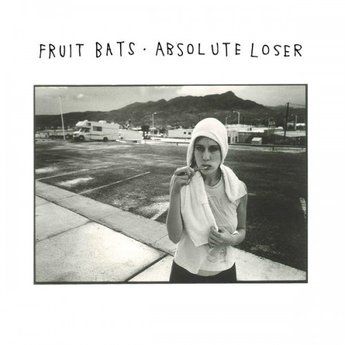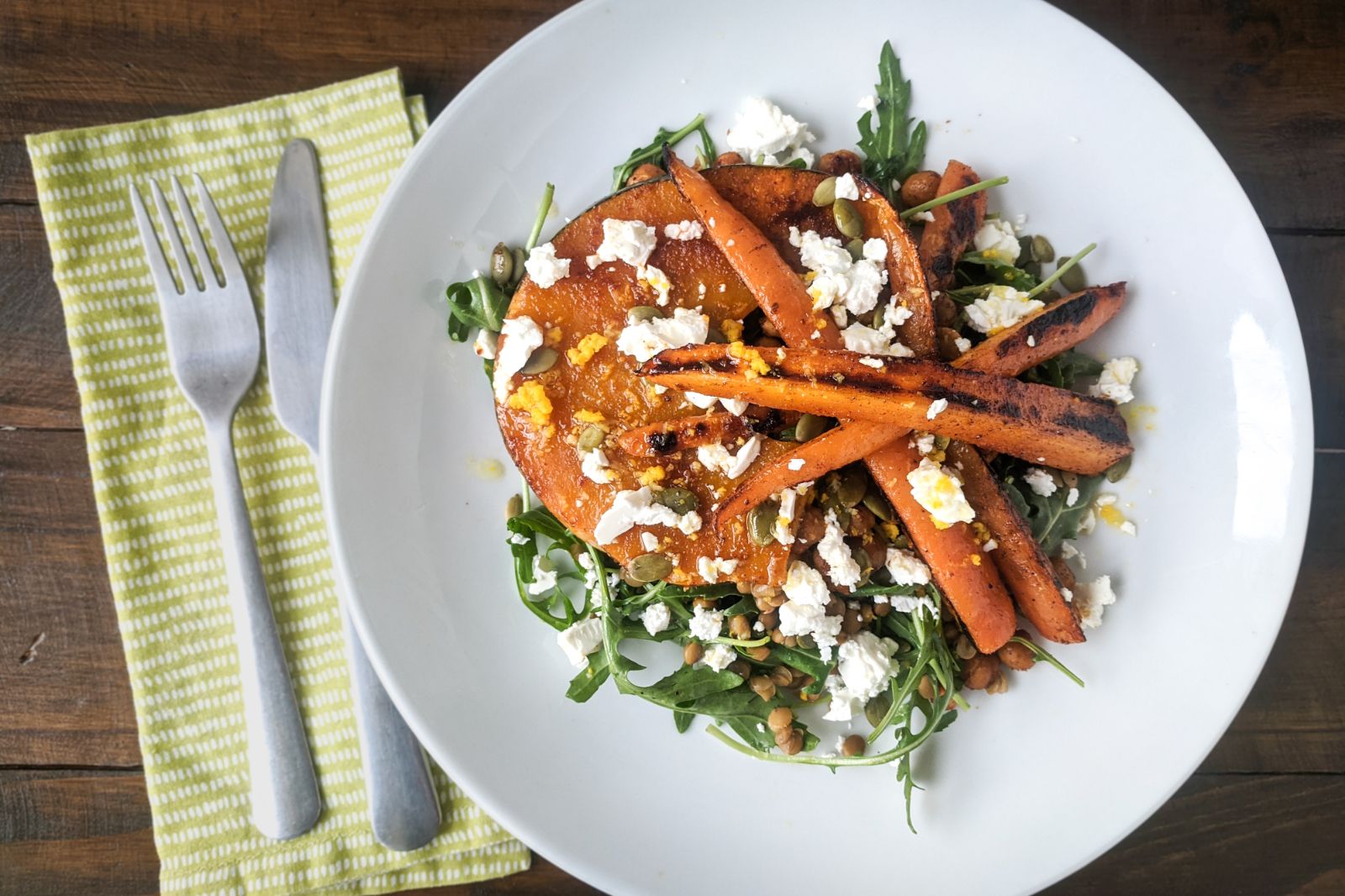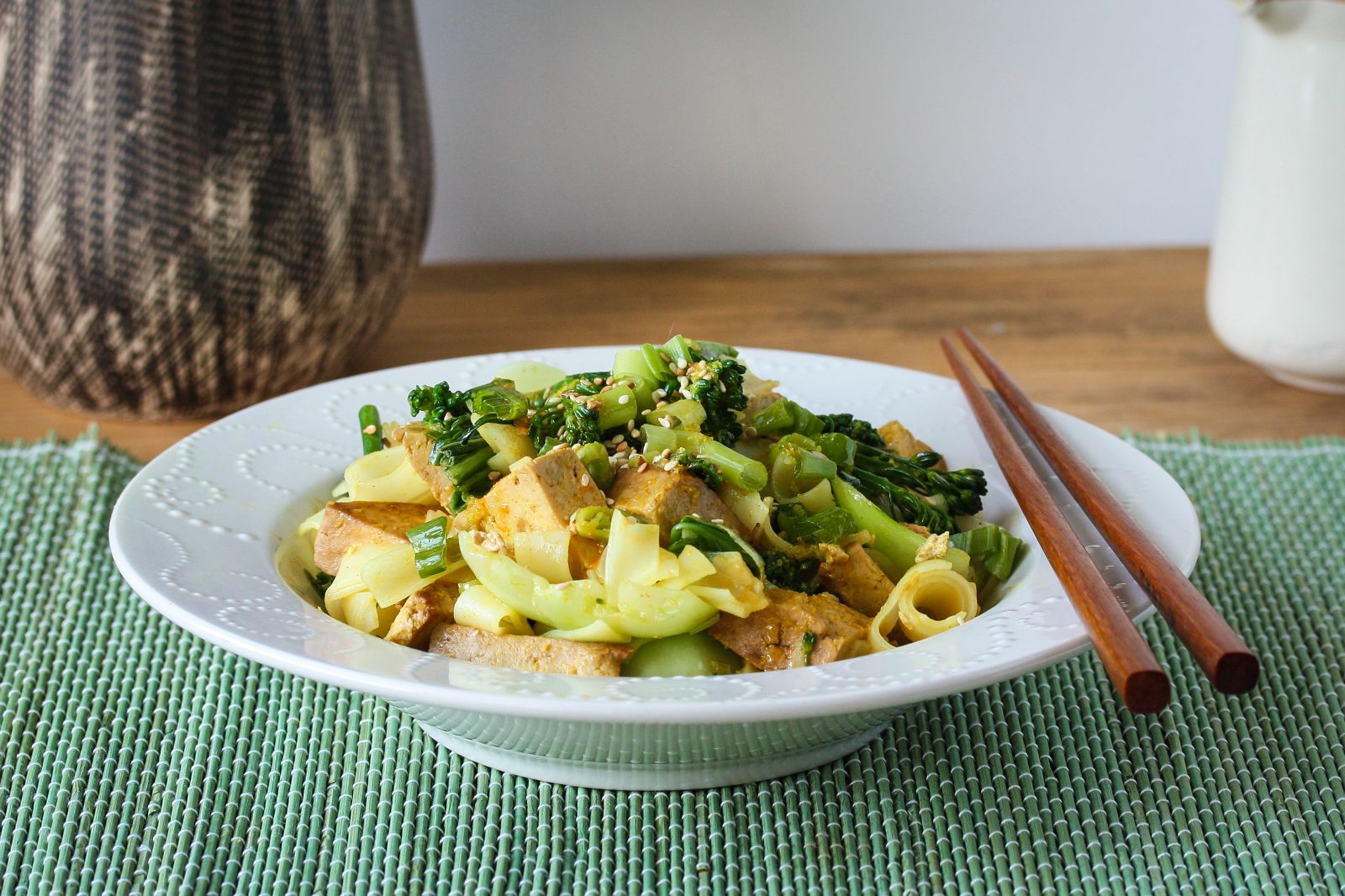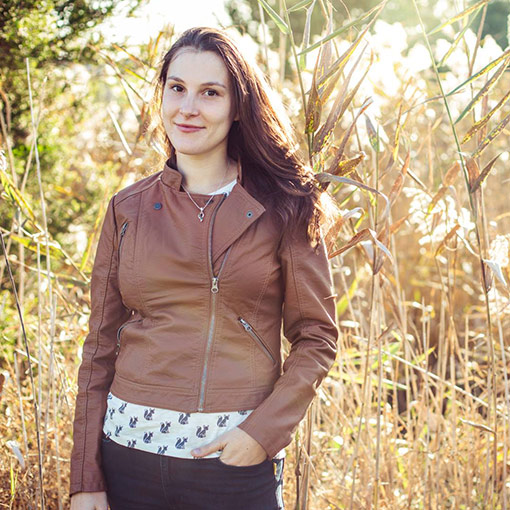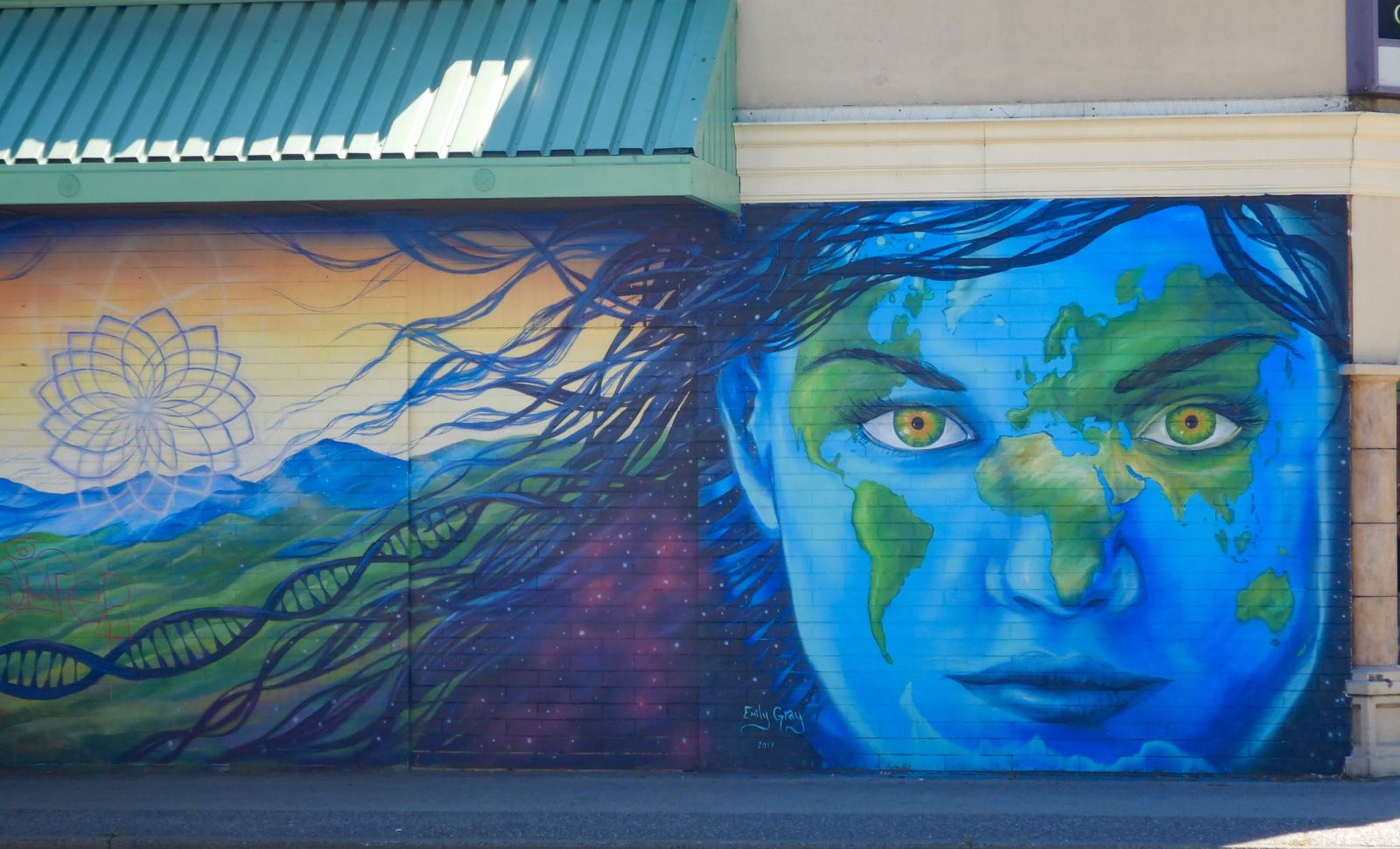
During this horrific time, it's easy to feel hopeless. But none of us are without power. So I've been thinking hard about what I can do to make a difference. We all have a responsibility now to do whatever we can to help save this beautiful, burning, drowning world from what can sometimes seem like inevitable destruction. It isn't inevitable. We can change this. But we need to do just that – change.
This doesn't have to be a bad thing. In the incredible, highly recommended book Lost Connections – my favourite book of 2019 – Johann Hari explains why depression and anxiety have become so widespread. Essentially, he presents the argument that the massive, widespread rise in depressive disorders is primarily due not to an imbalance in neurotransmitters but to an imbalance in the way we live. If we can learn to live in greater connection with the people and the natural world around us, we will find greater peace within ourselves, and help others to do the same. This might sound like an annoyingly optimistic view, but if we can't at least try to see the bright side, we really are doomed.
So here are some of the ways I am helping to transform our world. Most of them are easy to do, not too expensive, and will make a difference. Misplaced hopelessness is one of the biggest barriers we face. Don't let yourself fall into it. Let's make change at home, and in the process help companies understand that we no longer want to support the consumer society we've found ourselves stuck in.
I'll keep adding to this list as I think of new ideas, and please feel free to contact me if there are any ideas of your own that you think I should add.
In the kitchen
Eat less animal products. You don't have to become a vegan. You don't even have to become a vegetarian. Start by simply trying out one new vegetarian recipe. This one is always a hit.

Recycle what can be recycled. Get a hold of your local council's recycling guidelines, and stick them on the fridge. We desperately need better recycling systems, but until we do, the best we can do is follow the ones we've got. This article from Sustainability Victoria is a nice, concise summary of what's recyclable and where it can be recycled. If you can, implement better recycling systems at work as well.
Track how often you're emptying your bins. Keep a calendar on the fridge and see if you can stretch out the intervals. Compare notes with friends. Realising the progress you're making is the best motivator.
Switch from cling wrap to beeswax wraps. These are popping up for sale all over the place, but you can also buy the ingredients to make your own. I got a set from Elliot's brother Cam and his wife Laura for Christmas, and it feels so good to stop using cling wrap. I enjoyed this article from SBS about how best to use these.
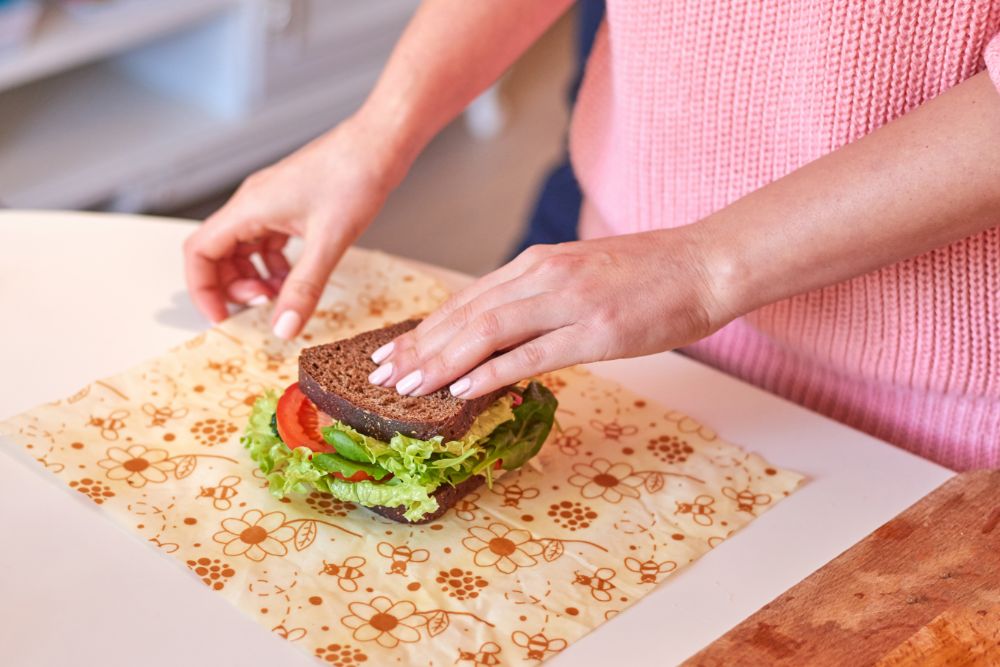
Stop using plastic bin liners. Line your bin with newspaper, or not at all. Now that most of us dispose of food waste separately to landfill, the contents of the bin just aren't that dirty or smelly anymore. Sure, there'll be a bit of buildup, but a quick rinse (or soak with baking powder if it comes to it) after emptying should do the job. If you really must use a liner, look for one that's certified biodegradable (landfill doesn't actually provide the right conditions for them to degrade as you might hope, but they're still better than the alternative).
Use baking powder for all your cleaning needs. You can buy this cheaply and in whatever quantity you want from a bulk foods store – eliminating plastic waste altogether – or in a cardboard box at the supermarket. This is a super cheap and surprisingly effective multi-purpose household cleaner that is totally non-toxic and won't harm our oceans. Check out the myriad uses for it in this post from My Plastic-Free Life and try one or two out for yourself.
Make your own surface spray. White vinegar is super cheap, has antibacterial and antiviral properties, cuts through grease, can be bought in bulk, and is easy to infuse with lavender or citrus peels to keep the kitchen smelling great. Just buy a spray bottle from the two-dollar store or reuse the spray bottle you're currently using. You can use the vinegar straight, or dilute it in water if you find it too strong.
Reduce your food waste. Plan your meals ahead, and buy only what you need. Check the fridge and pantry when you're planning, and choose meals that will help you use products you've already opened. Cook the meals with the most perishable ingredients first. Freeze leftovers or bread if you're not sure how soon you'll eat them.
Choose your tea carefully. Many tea bags contain plastic, though many companies are responding to consumer pressure to eliminate plastics from their bags. Here's a handy guide to just what goes into the tea bags from various companies. Lipton, Pukka, Tielka, and T2 appear to be the only ones that are completely plastic-free.
In the bathroom and laundry
Try a shampoo bar. Elliot's sister Rach got me an Ethique shampoo bar for Christmas, and I love it! It's super easy to use and the shower feels so much nicer without giant plastic bottles staring back at me. There are all sorts of zero-waste suggestions for hair care out there, but in my experience so far they can be a bit hit and miss. This one really works for me, though it's kind of pricey, so I'm going to keep experimenting with a few other brands.
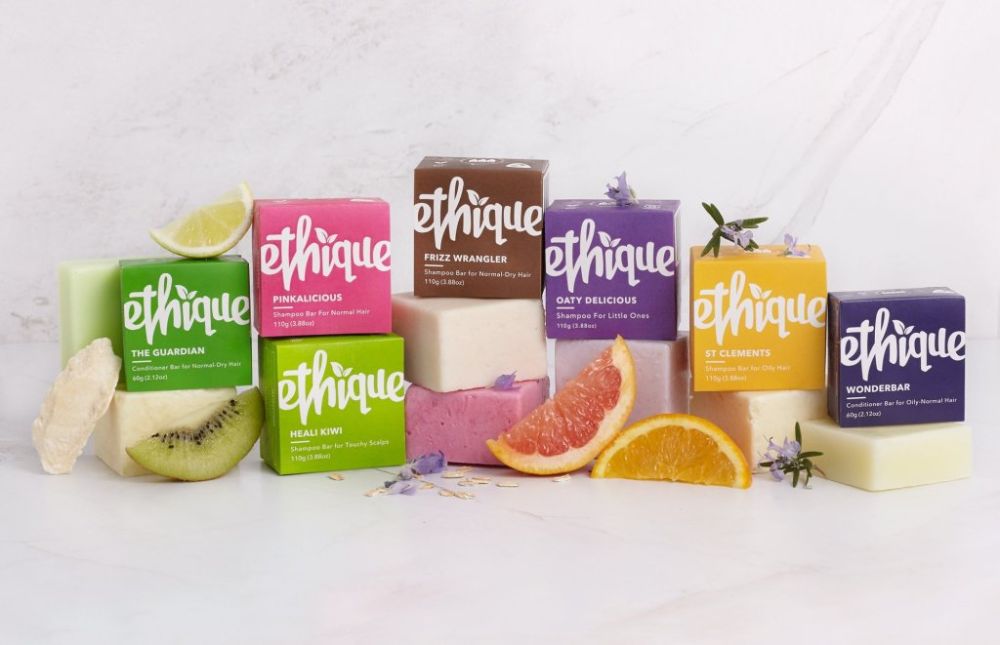
Use liquid (fractionated) coconut oil instead of conditioner. That's one more giant plastic bottle gone from the shower (and the recycling bin). After using the shampoo bar, I give my hair a dry with a towel, rub a few squirts of oil through my fingers, and run it through my hair. You can buy the coconut oil in bulk and transfer it into an old glass pump bottle.
Wash your clothes less often, and less intensively. Does it look dirty? Does it smell? If not, wear it again. Clothing isn't 'dirty' just because it's been worn. Wash your clothing only when it actually needs it, wait until you've got a full load, and use the lowest-energy setting that will get the job done.
Wash synthetics inside a pillowcase. This will reduce how much the clothes rub against each other, which reduces how much microplastics are shed. It also catches some of these fibres, which you can pull out with your fingers and dispose of in the bin.
Make your own laundry powder. I use a mixture of three parts baking soda, three parts washing soda (which I recently learned you can easily make from baking soda), and one part Epsom salts (available in cardboard at the supermarket), which is based on a recipe used by Molly's Suds, a company that creates all-natural laundry products. I mix it in advance, keep it in a container in the laundry, and add a couple of tablespoons to the bottom of the washing machine drum for each load (it tends to clump up if you put it in the drawer).
Buy your toilet paper from Who Gives a Crap. It's not quite as soft as Sorbent, but it's a whole lot better for the world! Who Gives a Crap makes its products with environmentally friendly materials, and donates 50% of profits to build toilets for those in need.
In the garden
Grow your own food. If you have the time and inclination to manage an entire vegie patch, great. If not, a few pots of herbs will still save a good few plastic sleeves and carbon emissions compared with buying them at the supermarket.
Leave water out for thirsty animals and insects. Have a few stones and sticks poking out of the bowl for insects to get to the water. Bees also like to drink from slices of watermelon.
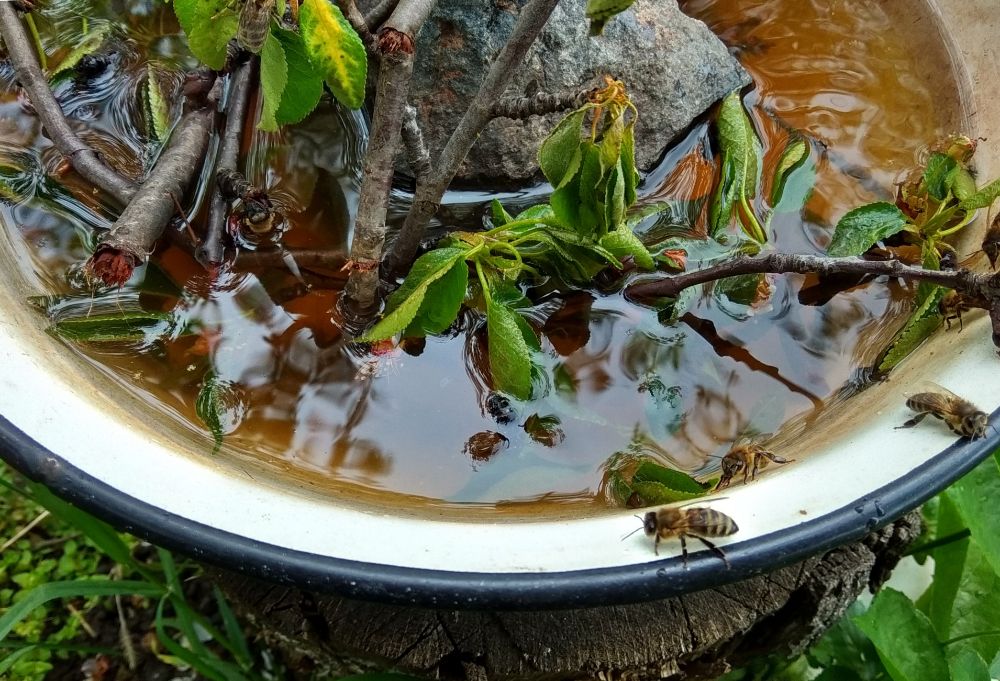
Compost. I'm still in an apartment for now, but you can be sure I'll be sharing my composting adventures when we do finally move into a house with a garden. Earth Easy has a basic guide for beginners, and Happy DIY Home also offers some great tips for composting.
At the shops
Shop (and donate) at op shops and on Gumtree. So much of what we need in the world already exists. There's no need to support the constant stream of manufacturing. Buy new only as a last resort, and when you do, make sure it's from a responsible retailer. (Image credit: She Hunts Op Shops)
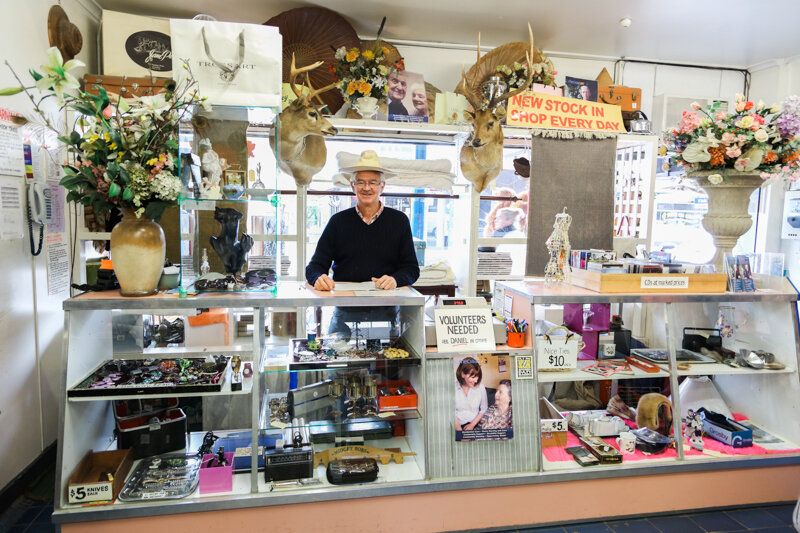
Buy bread wrapped in paper, not plastic. If you can support your local bakery, awesome, but even the big supermarkets offer some freshly baked loaves wrapped only in paper. Keep a reusable plastic/airtight bag or container to wrap it in when you get home.
Buy your staples at whole foods stores. This one can sound overwhelming, but you don't have to vow never to shop at a supermarket again. Buy a few containers from an op shop or $2 store and commit to visit a whole foods store just once to see how it feels. Getting started is always the biggest barrier. And even if you never do it again, you've saved a bit of plastic packaging. That matters.
Buy clothing made from natural, ideally sustainable, fibres. Every time we wash our synthetic clothing, microplastic particles are released into the water. This water makes its way into the oceans, where it is consumed by tiny marine life and ultimately makes its way right up the food chain. Some whales and dolphins are dying in their first few days of life because their mother's milk is so contaminated with microplastics. So buy natural when you can. Start with the things you wash most – cotton undies and bamboo or merino socks are nicer to wear anyway.
Carry a lightweight keep cup with you and do away with single-use cups. If you pick up coffees for everyone, bring something with you to carry them all instead of taking the disposable cardboard carrier. If you've forgotten your cup today, consider whether you've got time to sit down and enjoy your coffee from a real cup.
Always carry and use a reusable bag. Supermarkets have phased out plastic bags, but plenty of stores haven't. Say no to single-use bags. Yes, even if the shop assistant has already put it in a bag. It's really not that hard for them to take it back out! You can also bring some smaller reusable bags for your fruit and veg.
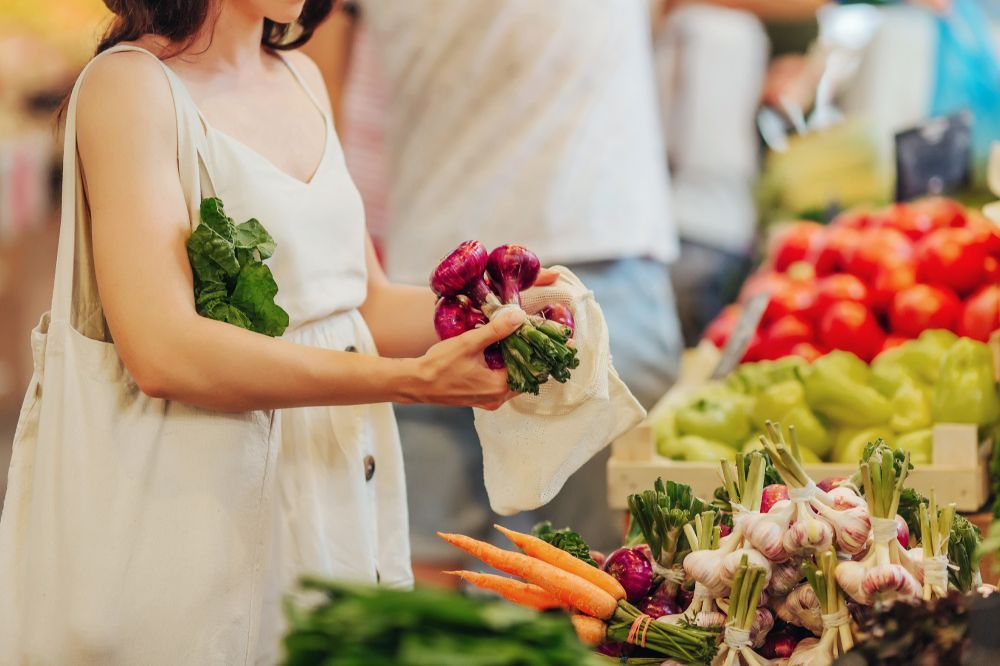
Online
Tick 'Australia only' when you're searching for something on eBay. Planes release masses of emissions, and there's just no need for your items to travel across the world to get to you.
Contact companies to let them know how they can improve. For my part, I'm very aware of the sustainability of the packaging my online orders arrive in, and I let the company know if I'm not impressed. If there's a product you love that you're avoiding for ethical reasons, tell the company that. Email is fine, but often it's the public posts that are more likely to spark action.
Write to politicians with suggestions, or even messages of support. It's important to keep pressure on people who are doing the wrong thing, but also to show our appreciation for those who are doing the right thing.
Choose an ethical super fund. Check that you aren't inadvertently supporting businesses that are contributing to climate change. As the climate emergency intensifies and people become more careful about the businesses they choose to patronise, ethical businesses are also likely to be the ones that will offer the best returns.
Learn, connect, and share
Share your contributions with others. Post about it on social media. Buy someone a shampoo bar or some beeswax wraps. Cook someone an easy vegetarian or vegan dish you know they'll love, and give them the recipe. Make it easier for each other to start living more sustainably by sharing what works.
Share how you're feeling, and let others know they can share with you too. If we're going to get through this, we need each other's support.
Watch the movie 2040, and explore the associated website. I've gone on about this before, but it really is a remarkable, life-changing movie. This is what sparked a lot of the changes I've been making in my life, before the bushfires even began. It sure felt refreshing to find a sense of optimism again.
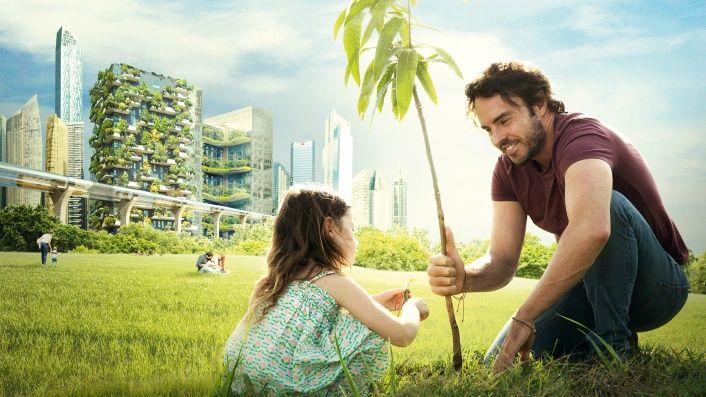
Finally...
Turn the air-con or heater off periodically. It's easy to forget it's even on, so set an alarm for half an hour from when you turn it on and decide whether it really needs to stay on. Strip down to your underwear or put a blanket on instead. Try the fan function before you jump straight to the air con.
Reconsider how you use your car. When you can, take public transport or walk. Car pool with friends. Downsize to one car between you and your partner. A few rideshare fares will be more than offset by the savings on insurance and registration.
Vote carefully. Change from the bottom up will make a difference, but it's change from the top down that can make the biggest impact. When the time comes, research the parties' policies carefully. Do they put people and the environment above big business and profits? Do they have real, actionable climate policies? Where are their preferences going? Your vote has never been more important than it is now. Make it count.
Don't be too hard on yourself. Even if you only make one of the changes on this list, you're doing a good thing.


